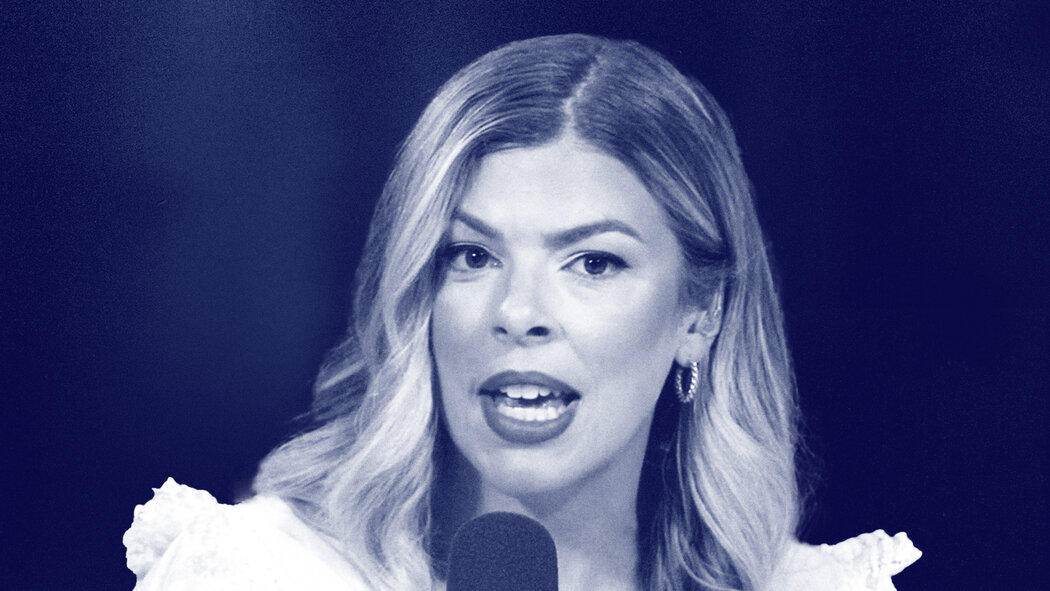Below is an edited transcript of an episode of “Interesting Times.” We recommend listening to it in its original form for the full effect. You can do so using the player above or on the NYT Audio app, Apple, Spotify, Amazon Music, YouTube, iHeartRadio or wherever you get your podcasts.
Ross Douthat: In the world of online influencers, one evangelical Christian writer and podcaster stands out, offering her audience a blend of politics, theology and lifestyle advice. Is Allie Beth Stuckey an example of what religious authority looks like in America today? What does she offer to her audience of younger religious women? And why does she think the biggest problem in American politics isn’t too much cruelty but the wrong kind of empathy?
Allie Beth Stuckey, welcome to “Interesting Times.”
Allie Beth Stuckey: Thank you. I appreciate it.
Douthat: We’re going to have a conversation that covers evangelical Christianity, some of the divides within it and its relationship to Donald Trump. But first, I want to talk about what you do.
You make a podcast called “Relatable.” The Atlantic wrote a profile of you a little while ago, and it called you “the new Phyllis Schlafly,” which is a reference to the famous female conservative activist from the 1970s and 1980s.
To start out, are you a political commentator, a religious teacher, a lifestyle influencer?
Stuckey: I try to occupy that space where politics and theology intersect. Christian theology, specifically. I describe myself as a Christian wife and mom who is trying to navigate the chaos of our culture with as much clarity and courage as God is willing to give me.
And so that does mean talking about politics. There are seasons over the past few years that I have focused mostly on politics, especially in an election year. I really want the mostly suburban moms and women, ages 25 to 45, that are listening to the show to understand what is at stake — what’s the difference between the two candidates.
I don’t try to remain neutral in that. Everyone knows I’m a Christian conservative. Thus far, I have always voted Republican.
There are also a lot of times — and I would say right now is this kind of season — where I and my audience kind of feel exhausted by the news cycle. They’re not as interested in politics as they were before, and they’re more interested in talking about deeper underlying theological issues or topics or trends. And I like to focus on that.
I don’t know if I could say that I am squarely a political commentator. I certainly wouldn’t call myself a Bible study leader or religious teacher. I just try to occupy the space where those two things very clearly mix together and intersect as much as I possibly can.
Douthat: There’s also a strong parenting and motherhood and female life element to what you do and what you talk about.
Looking at your recent podcasts, there’s discussions about Christian evangelism in L.A. and abortion and politics and those kinds of issues.



